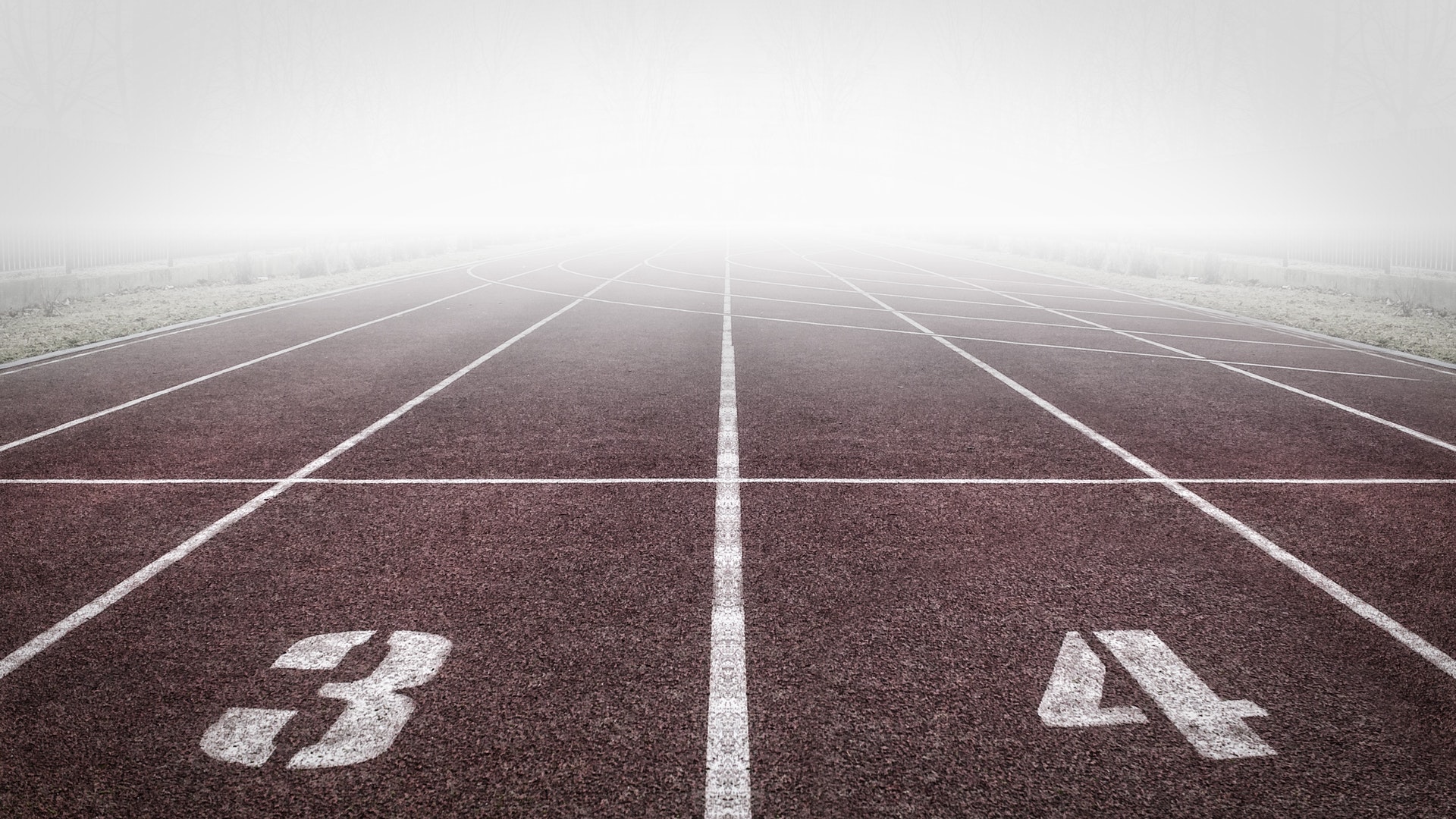Mental health can significantly affect physical health and performance in sports and athletes.
Stress can interfere with performance through increased muscle tension, and reduce wellness. This increases the risk of injury because of attention and coordination changes, and an impact on self-confidence.
Through these indicators, we can see how mental health can impact physical health within sports.

Risk Indicators for Athletes
Did you know that elite athletes’ rates of anxiety, depression, sleep disorders and post-traumatic stress disorders are comparable to the general population?
Athlete risk indicators are slightly more specific with a focus on:
- sports-related injury
- concussion
- performance failure
- overtraining
- sport type
Risk indicators for the public include major negative life events, low social support, and impaired sleep.
Sport-specific Mental & Physical Health Factors
Sport-specific factors (e.g. pressure to win, abusive coaching, injury, and transition in and out of sport) can increase existing psychological challenges or trigger the development of new ones. These can include eating disorders, substance abuse, and exercise addiction.

Examples
- Psychologically abusive coaching behaviours – These behaviours are normalized as contributing to team or individual success, because of this pressure, athletes can suffer from post-traumatic stress disorder.
- Physical injury – This can trigger problematic emotional reactions in athletes, including depression, sleep disturbances, and disordered eating.
- Concussions – There have been case reports that discuss concussions are a physical risk that can increase athletes’ risk of depression and suicide.
- Career termination – can cause difficult and potentially traumatic changes for athletes, which can lead to the experience of distress warranting psychological assistance.
How Can We Support Athletes?
The conversation surrounding support and acknowledgement through coaches and teammates is the first step to developing the correct support network.

Breaking the stigma surrounding the issues of mental health specifically within the sports field is an ongoing issue and needs to be addressed.
We can:
- Acknowledge and understand the difficulties that are present for athletes.
- Check-in on them – can be from coaches, parents, friends, teammates and health professionals.
- Break the stigma surrounding mental health and sport. The sooner that barrier is broken down, the sooner our athletes will be encouraged to open up.
- Offer support – can be as a professional or can be as a friend.
- Follow up on how they are feeling since the last time you spoke.
- Most importantly, listen and be a comforting presence. Listen to what they might need without judgement.
In understanding and encouraging mental health and physical health within the sports and performance industry, it’s best to understand that mental and physical health challenges come hand in hand. It’s acknowledging the importance of these challenges and breaking the stigma surrounding mental health in sports.




